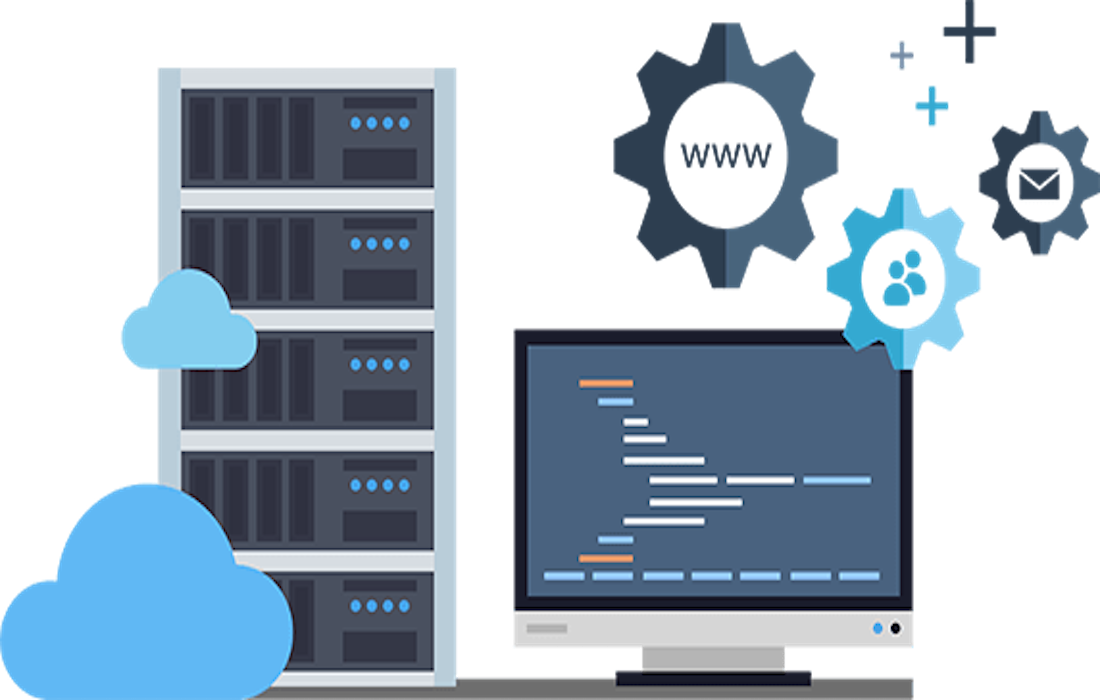Disclosure: This post contains affiliate links. I may receive compensation when you click on links to products in this post. For an explanation of my Advertising Policy, visit this page. Thanks for reading!
Do I need a server for my small business?
Although servers are useful to any business, some businesses, even small ones, need them more than others. But how do you know if YOUR small business needs its own server?
Here are 10 signs that your small business needs a server:
1. You have more than 10 employees.
2. You have employees working in different locations.
3. You need to share files between employees frequently.
4. You need to access files from outside the office.
5. Your business deals with sensitive data that you need to store securely.
6. You need to keep your data backed up.
7. You need to use special applications for your business.
8. You want to improve communication between employees.
9. You want to increase productivity by sharing resources.
10. You want to save money on hardware and software costs.
If you can identify with any of these 10 signs, then congratulations! Your small business needs a server.
Don’t worry, it’s not as expensive or difficult to set up as you might think, and the benefits are well worth the investment.
What is a server used for in a business?
A web server is a computer that stores the files for a website and makes them available to computers connected to the internet.
When someone types in a web address, their computer sends a request to the server for the files associated with that address.
The server then sends those files back to the user’s computer, which displays them in a web browser.
Web servers can be used for a variety of purposes, from hosting simple websites to powering complex internet applications.
In business, web servers are often used to host company websites, store important data, and provide access to business applications.
By using a web server, businesses can easily share information with customers and employees all over the world.
What types of servers are needed for a small business?
In the business world, servers are like the backbone of a company. They help to keep data organized and accessible, and they provide a platform for applications and email.
For a small business, there are four types of servers that are commonly used: file servers, application servers, database servers, and web servers.
File servers store data and files in a central location, making them accessible to all employees.
Application servers host applications that can be accessed by employees across the network. Database servers store information such as customer records and inventory levels.
And web servers provide access to the company website.
By understanding the different types of servers available, small businesses can choose the right mix of infrastructure to support their operations.
What does a server do in a small office?
A server is a computer that provides data to other computers on a network.
Servers can provide various services, such as file sharing, printer sharing, email, and web hosting.
In a small office, the server might be responsible for all of these services.
The server might also store data for the office, such as financial records or customer information.
Because servers play such an important role in a network, they are typically more powerful than regular computers.
They also usually have more storage capacity and run for longer periods of time without crashing.
All of these factors make servers essential components of any small office.
Do I need a physical server in my office or can I use a service?
For the average small business, there’s really no need to keep a physical server on-site.
Web hosting providers can offer all the same services – and often at a fraction of the cost.
Not to mention, you also relieve yourself of the headache of having to maintain and update the server software.
Of course, there are always exceptions to the rule. If you’re dealing with sensitive data or compliance regulations, for example, you may want to consider keeping your server in-house.
But for the most part, it’s simply not necessary, or economical, for small businesses to operate their own servers.
So unless you have a specific reason to do otherwise, we recommend leaving that task to the professionals.
Is a cloud server a good fit for small businesses?
The cloud has been a game-changer for businesses of all sizes. For small businesses, the cloud can offer a number of advantages, including reduced costs, increased flexibility, and scalability.
A cloud server is a good fit for small businesses because it can be used to store data and applications off-site.
This means that small businesses can save money on hardware and IT infrastructure.
In addition, a cloud server is easy to set up and use, and it can be accessed from anywhere with an Internet connection.
As a result, small businesses can benefit from the increased flexibility and scalability that a cloud server can provide.
Do I need a server for my small business? Final thoughts.
So, do you need a server for your small business? The answer, as with most things in life, is it depends.
If you have a limited budget and only a handful of employees, then a server might not be the best use of your resources.
However, if you have a growing business with multiple employees working remotely, your company deals with sensitive data, and a number of customized processing tasks, then a server can be a valuable tool for increasing efficiency and collaboration.
In the end, the decision comes down to your specific needs and resources. But whatever you decide, just make sure you don’t put all your eggs in one basket.


